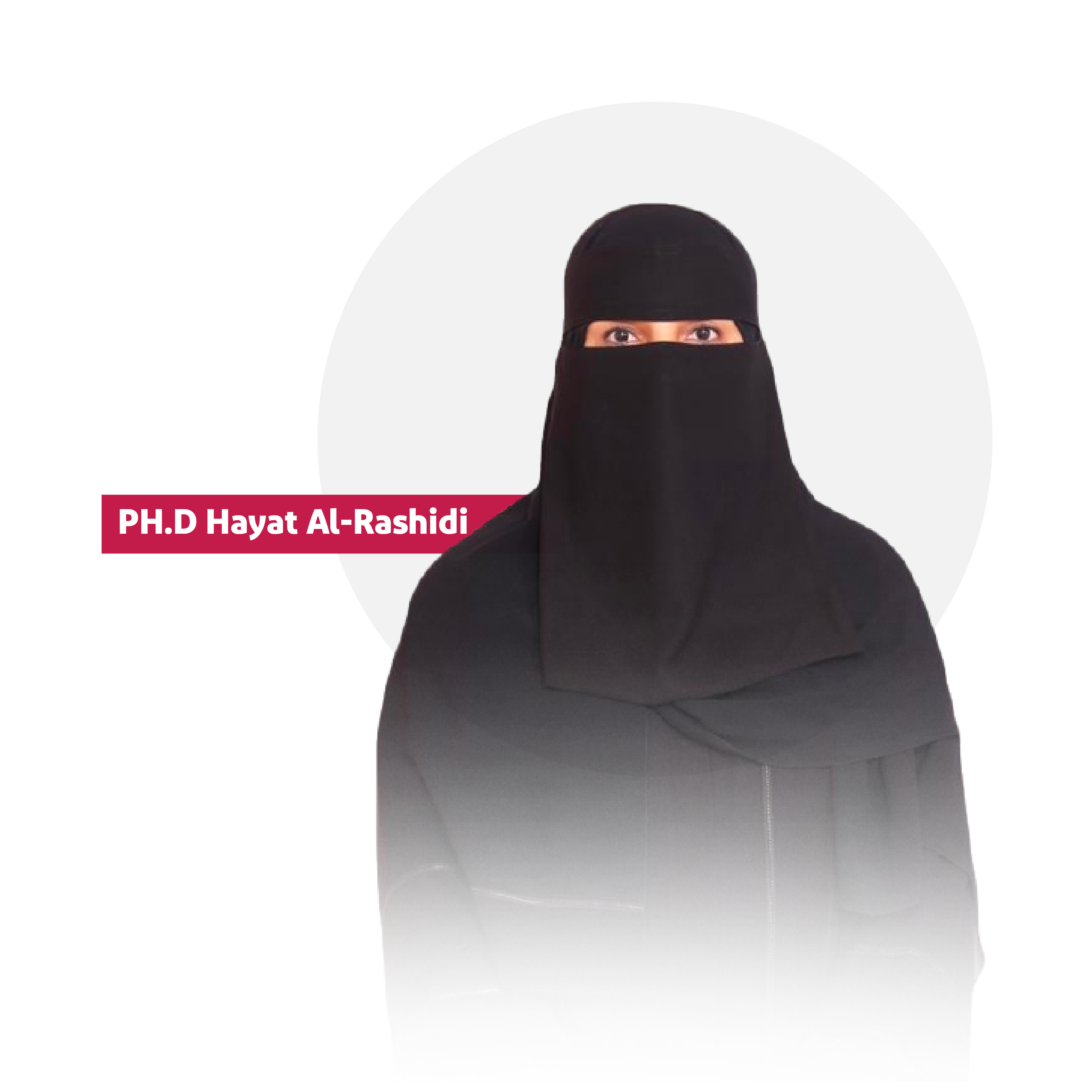
The Ottoman presence is fading away
King Abdulaziz Al Saud decided to head to and enter Al-Ahsa region to end the Turkish presence in the eastern Arabian Peninsula. The news about King Abdulaziz’s move reached the Turks, so they sent someone to confirm the news and know Ibn Saud’s intentions towards Al-Ahsa.
That decision was not made public, so whenever King Abdulaziz received questions, he would tell them that he was going to fetch Al-Mira, which is food collected for travel, and that was reassuring the Turks. When he approached Al-Ahsa, he stopped at one of its springs about a mile from the town of Al-Hofuf, where he prepared the plan that he would follow to enter the town.
King Abdulaziz communicated with his friends inside the town, and asked them with his military cunning about the weak positions from which it would be easy for him and his forces to enter the town. They advised him of what he requested and also told him about the preparations in the town in case of emergency.
Ibn Saud left his camp with about six hundred of his companions and explained to them what he was determined to do and advised them to walk and not talk to anyone. They walked in silence. He also instructed them not to resist anyone, no matter how much resistance they found from him, and if they entered the town and came to the headquarters of the Turks, which is “Al-Kut”, meaning the fortress, they should not fight except those who fought them. This human wisdom was to prevent the bloodshed of the innocent, which is what he (may Allah have mercy on him) was keen on. He also ordered them not to enter any house and not to assault women.
They walked on foot in the dark, carrying palm trunks with them. When they approached the town wall, they used those palm trunks as stairs, so a group of his fedayeen (may Allah reward them with the best reward) climbed and entered the town. It was logical that they would be seen. Indeed, some guards saw them, and they were suspicious of them, and asked them: who are you? They did not answer, but remained silent, according to the instructions of their commander, and headed to the intended destination. When the morning came and the people saw them, they panicked, but a man from Ibn Saud’s men called out in a loud voice, “The rule is for Allah, then for Ibn Saud. Whoever wants safety, let him stay where he is”. The rest fired their guns in the air for joy and announcing the victory, then they demolished part of the town wall so that the rest of them could enter.
For a military purpose, they did not enter through the gates of the town, fearing that the Turkish garrison might have placed mines under it to blow up those who entered it. As for the people of the town, they rejoined and went out to welcome King Abdulaziz and pledged to him to comply and obey, so he treated them with generosity.
Surprisingly, the Turkish garrison did not respond until night fell, and the next morning it fired its artillery and guns, and they did not care if the residents fell victims to this, and their actions were in vain.
King Abdulaziz sent to the garrison and its members ordering them to surrender if they wanted safety and return to their country, so the Turkish administrator and those with him from the Turks accepted and surrendered.
In Bahrain, they met a Turkish commander there, Abdul-Jabbar Bey. He ordered them to return and occupy Uqair, and he sent with them the officer, Nuri Bey. It is noted here how they took advantage of Ibn Saud’s treatment and believed that they would be able to return again. When the news reached King Abdulaziz, he confronted and defeated them. He did not want to take advantage of their weakness and he let them go again. The human aspects were controlling his personality, even though they had betrayed him and violated the covenant.

